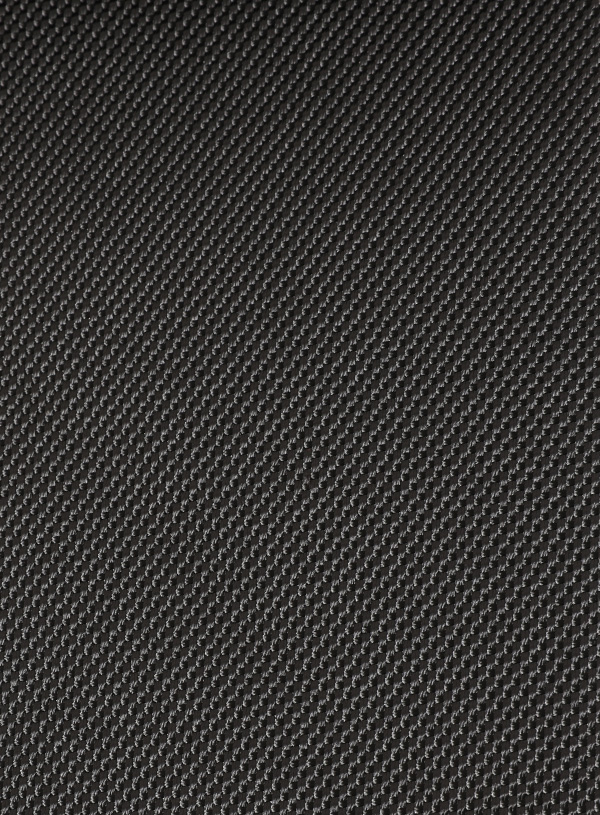Product Consultation
Your email address will not be published. Required fields are marked *



How about the quality and durability of polyester recycled fabric?
Aug 25,2023
What are the thermoplastic properties of polyester recycled fabric?
Sep 15,2023Your email address will not be published. Required fields are marked *
We have our own laboratory and the most advanced testing equipment in the industry to ensure product quality.
